Connected cars project aims to end multi-car crashes on UK motorways

An Applus+ IDIADA-led consortium has been awarded UK government funding toward the development and trial of technology that could radically reduce the number of multi-car collisions on motorways.
The Multi-Car Collision Avoidance (MuCCA) project will use artificial intelligence (AI) and vehicle-to-vehicle (V2V) communications to help cars, and eventually autonomous vehicles (AVs), make cooperative decisions to avoid a potential accident. The trial will also require the MuCCA system equipped vehicles to predict the likely movements of cars controlled by human drivers using AI methods. If the MuCCA-controlled vehicles cannot avoid an accident altogether, the aim will be to minimize the consequences.
The MuCCA project, led by the Spain-based automotive design and testing company Applus+ IDIADA, and including Cranfield University, Westfield Sports Cars, Cosworth, the Secured by Design (SBD) consultancy, and the Transport Systems Catapult (TSC), will also develop data logging capabilities to create a record of the exact causes of accidents.
A computer-simulated environment will also be created, in which the vehicles’ AI systems can practice complex crash scenarios before being trialled on real-world test tracks. The funding is the result of a competition from Innovate UK, the government’s national innovation agency, and the Centre for Connected and Autonomous Vehicles (CCAV).
“The beauty of connected vehicles is that they can share and combine sensor data with other vehicles, making them more than the sum of their parts,” explained Charlie Wartnaby, chief engineer at IDIADA.
“We can use this ability to allow machine logic to take control of a group of vehicles such that they work together in an emergency to avoid an accident, deciding optimal joint trajectories to avoid complex collisions with both human and machine-driven vehicles in a way that human drivers could not.
"Even a single MuCCA vehicle will have superlative collision avoidance capability using its 360° prediction of human-driven vehicles around it. Connected and autonomous vehicle (CAV) technology offers us an opportunity to work toward the elimination of serious accidents on our roads, saving lives and easing congestion. In this project, we will aim to show exactly how this can be done, while taking us another step closer to fully autonomous cars.”
Professor Aouf from Cranfield University added, “CAV technology is the guarantee of making car traffic safer in the future. This project is an opportunity for us to develop innovative machine learning and decision-making techniques for the new generation of cooperative autonomous cars.”





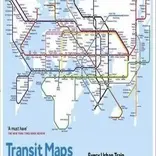
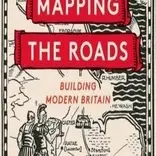


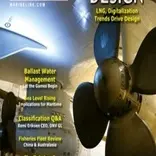



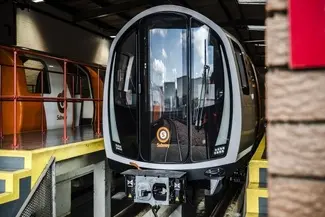

![AIRBUS A380 [MORE THAN 600 PASSENGER’S CAPACITY PLANE]](https://cdn.tinn.ir/thumbnail/4jCp4EQvCU0b/IjHVrSYQrIAqIzXuTzADR7qLYX4idQT4nfq__26E5SCUPLMqfhWkWajvuO9Wfq1ql1TjV4dhkrHliNQU82kMpo2NNftT_NGEwHc9KXtN_rk731bmifa2IQ,,/airbus-a380-structure1.jpg)
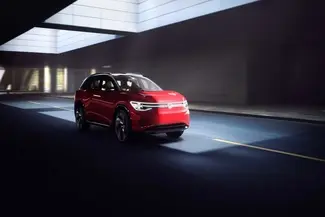
Send Comment